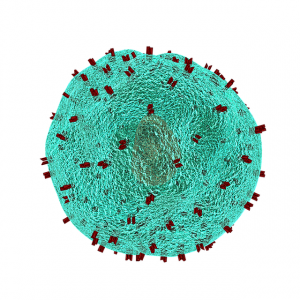The micronutrient selenium has antioxidant and anti-aging properties. Specifically, numerous selenoproteins, in which selenium is an essential component, have antioxidant, anti-inflammatory, and immunostimulating effects [Bjørklund 2022].
Why is this important?

The aging process is characterized by the following inevitable physiological developments [Alehagen 2021]:
- increasing imbalance between antioxidant protection and oxidative damage caused by harmful free radicals
- chronic systemic inflammation
- decline in mitochondrial renewal and function
- stem cell exhaustion
Selenium and selenoproteins and antioxidant protection
One theory of biological aging is that oxidative stress and chronic low-grade inflammation play an important role in aging-related physical and mental decline. Harmful reactive oxygen species – popularly known as free radicals – overwhelm the ability of the available antioxidants to neutralize them. The harmful free radicals cause oxidative damage to the cells and to the DNA, lipids, and proteins in the cells [Bjørklund 2022].



